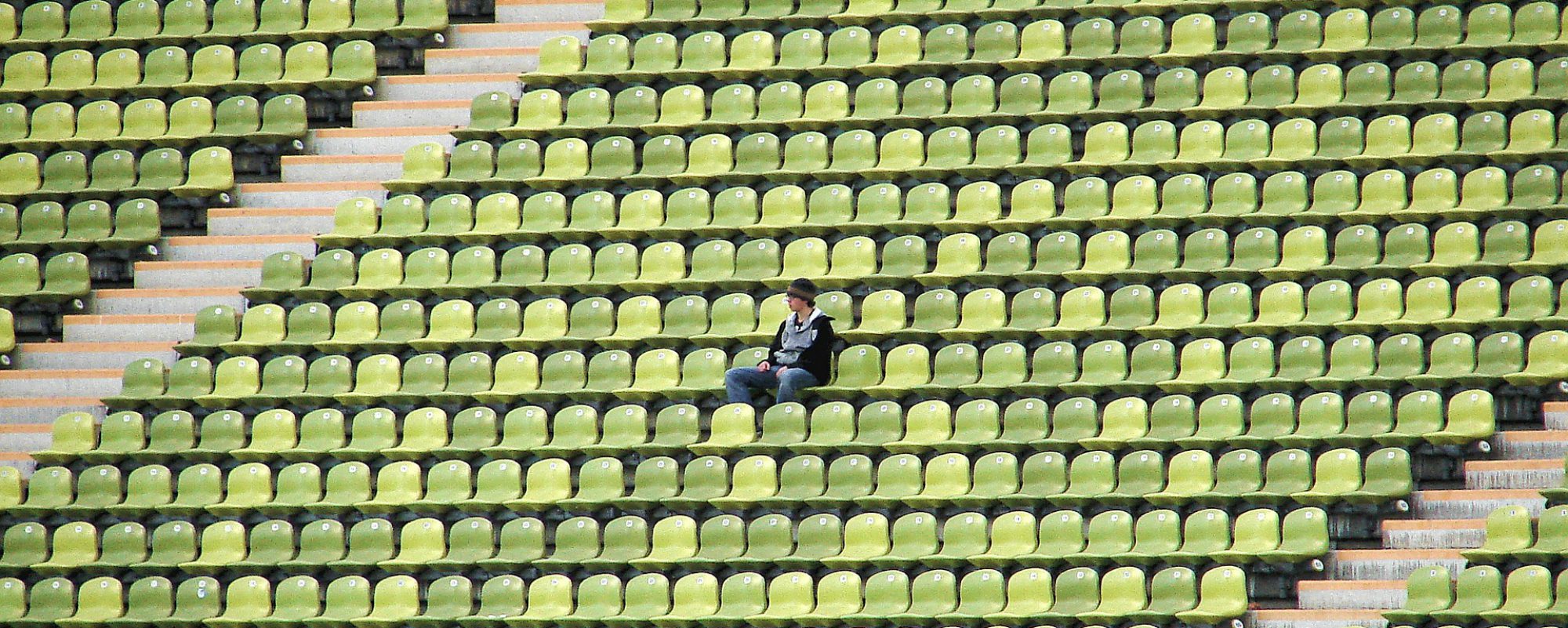There’s a famous quote that states are only 2 things that are certain in life – death and taxes. However, I’d like to add another potential certainty to the mix – the unsubstantiated optimism of an England football fan. For years, at every major tournament, we play down our chances in the weeks before, saying that we’re building for the future. Inevitably, in the first game, we take a scrappy 1-0 win against the likes of Burkina Faso, Greenland or Narnia with a 91st minute own goal, and it’s then that we know the cup is definitely coming our way.
As is traditional, we love to cast our own opinion about the squad as we all know best – I’m no different, so have made my judgments about Gareth’s Gang and have assessed their chances in the competition as well. The first instalment is a look at the guys in the gloves – goalkeepers.
Who made the cut?
1 – Jordan Pickford:
2017/18 Stats – Games: 38 (0 as sub) Clean Sheets: 10 Goals Conceded: 58 (1.5 per game) Saves: 121 England Caps: 3
From Southgate’s comments after the game against Nigeria, along with the fact he’s been handed the number 1 shirt, it’s safe to assume Pickford might be starting at least the first game of the tournament. Bar any major blushes – read Scott Carson, Paul Robinson and Rob Green – he’ll don the gloves for the entirety of the tournament. Whilst he’s managed to start every game for Everton this year, he’s not got a great deal of international experience – nor would I describe him as a ‘match-winning’ keeper. He’s done his hard graft, however, keeping for England at nearly every age group.
13 – Jack Butland:
Games: 35 (0) Clean Sheets: 6 Goals Conceded: 61 (1.75pg) Saves: 141 England Caps: 7
Butland can perhaps count himself a little unlucky to be seen as England’s number 2. After a long spell as Joe Hart’s understudy, he gave a very good account of himself in the few England games he’s played. However, conceding nearly 2 goals a game for the Premier League’s bottom club isn’t a particularly strong argument for being picked. Clearly he’s a better keeper than the stats suggest and was let down by his defence this year – but he’ll have to sit tight until Pickford makes a major error, for this tournament at least. When he joins a big club in the summer, he could make a big push for the number 1 spot in the future.
23 – Nick Pope:
Games: 35 (1) Clean Sheets: 11 Goals Conceded: 35 (1 pg) Saves: 113 England Caps: 0
Statistically the best English keeper in the Premier League last season, Pope has the most clean sheets and fewest goals per game on average. Despite playing 3 games fewer, he still made nearly as many saves as Pickford – for all of Burnley’s brilliance, they would not have been as effective had it not been for his performances. Would love to see him be given a go on the big stage, but his international calibre (or rather, lack of) will get in his way; he has never played a game in an England shirt at any level.
Unlucky to miss out:
Tom Heaton:
Games: 4 (0) Clean Sheets: 0 Goals Conceded: 4 (1pg) Saves: 8 England Caps: 3
Obviously based on this season, there was no way Heaton was going to make the 23 man squad. With the emergence of Nick Pope after Heaton picked up an injury, he couldn’t elevate himself back to Burnley’s number 1 and was therefore never really in contention. He can count himself very unlucky to have picked up an injury and would’ve made an excellent deputy within the squad – is a reliable standby, however.
Fraser Forster:
Games: 20 (0) Clean Sheets: 4 Goals Conceded: 30 (1.5pg) Saves: 67 England Caps: 6
Forster is another in a long list of English keepers who found himself as his club’s number 2 – funnily enough, to another Englishman, in Alex McCarthy. Statistically, the 2 had very similar seasons – both playing around half the fixtures, conceding on average 1.5 goals a game and keeping 4 clean sheets. In itself, those comparisons are probably enough of a reason to have omitted Forster – who found it difficult to cope with the mental side of being dropped. Hopefully, he’ll come back stronger and push his way into the fold again.
Joe Hart:
Games: 19 (0) Clean Sheets: 4 Goals Conceded: 39 (2pg) Saves: 54 England Caps: 75
Another keeper that couldn’t managed to hold onto his club’s number 1 shirt – let alone the country’s. The final column, however, speaks volumes about Joe Hart – whilst all other keepers mentioned in this piece have amassed 19 caps between them, Hart has managed nearly 4 times that in his own career. Quite simply, he has never recovered from the public humiliation that Pep Guardiola lumped upon him. If we were being cynical, it could even be said that, whilst for a long period of time he was England’s standout keeper, he was also lucky that, he was rarely challenged for the spot during his reign as number 1.
Will they save the day?
Honestly, the idea of Jordan Pickford as England’s number 1 isn’t one that’s going to make our opposition quake in their boots – whilst he has certainly earned the right to be plying his trade on the world stage, he’ll have to use the experience to sharpen up very quickly. Whilst we can say there isn’t really a standout number 1, at least we do have a good cohort of keepers – any of them could certainly contribute positively to the team and put in a match-winning performance on their day. Without over reliance and unnecessary pressure on just one keeper, here’s to hoping whoever starts will be able to keep England in the cup.
